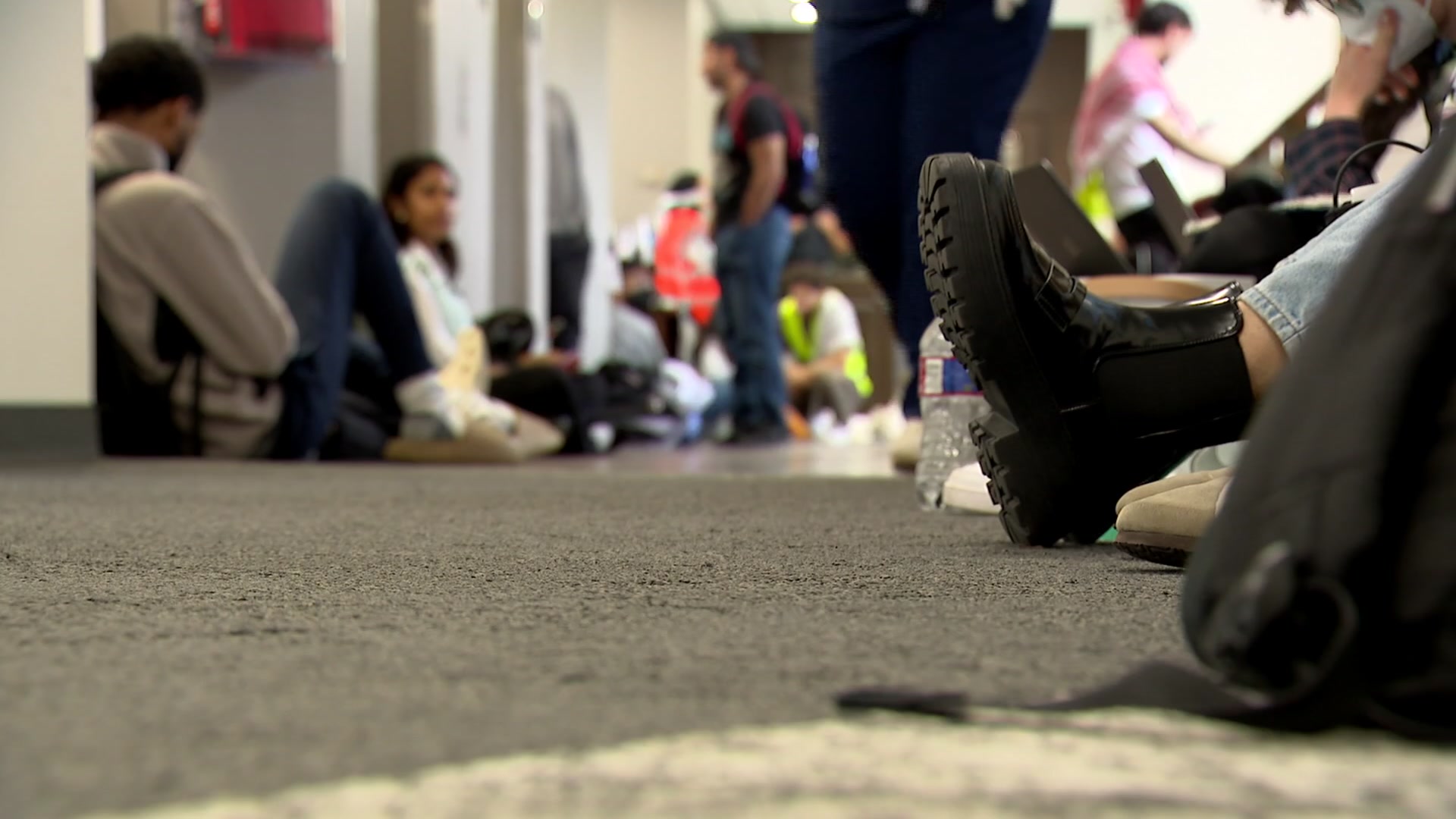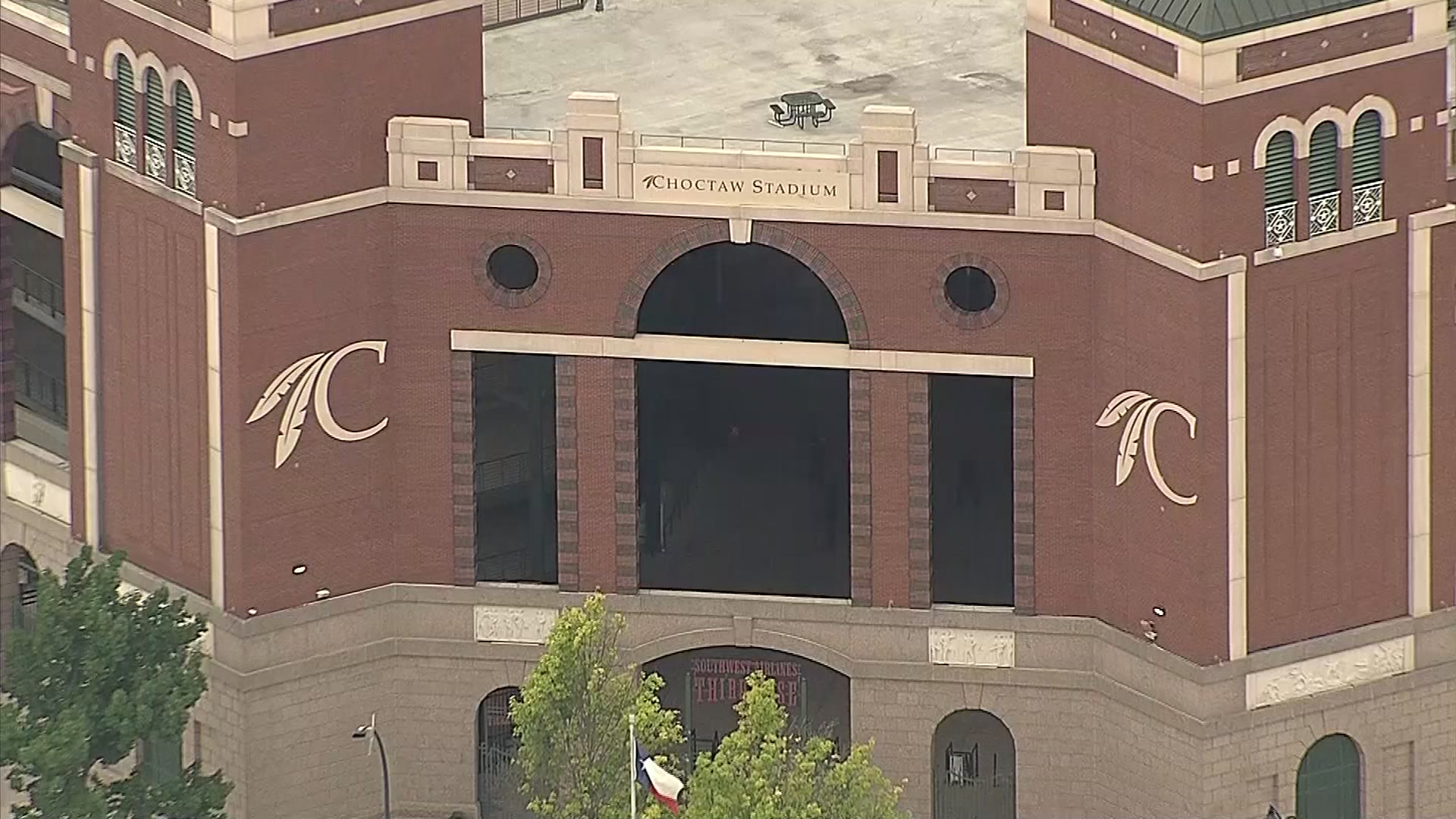Every year, about 900,000 patients get a pacemaker. The devices help keep the heart beating at a normal rate.
Texas Health Harris Methodist Hospital Fort Worth is now one of the first facilities in North Texas to offer a new Bluetooth-enabled pacemaker.
It allows patients to share pertinent information with their doctors anywhere, at any time.
Previous technologies allowed patients to connect via computer with their doctors using a stationary bedside monitor and a phone landline. But now the patients can connect wirelessly using a hand-held monitor, along with an application downloaded to a smartphone or tablet.
Richard Sanchez, of Fort Worth, was diagnosed with symptomatic bradycardia with syncope, a heart rhythm disorder that leads to fainting spells. He became one of the first patients to receive the Bluetooth-enabled device.
"I won't have to call him up. It'll go automatically to his office. It'll notify him or somebody that is watching it, so I look at it as a life-saving device," Sanchez said.
Dr. Aleem Mughal, a cardiac electrophysiologist, implanted Sanchez's pacemaker on Dec. 7 at Texas Health Fort Worth.
Local
The latest news from around North Texas.
Taking less than two hours to implant, the dual-chamber, Bluetooth-enabled pacemaker connects to the heart's right atrium and right ventricle. The pacemaker ensures both the upper and lower chambers work together and establishes a controlled rhythm by emitting mild electrical pulses, which allows proper blood flow between the chambers.
"It's smart medicine for your heart," Mughal said. "Having an application that offers convenience, reduces health-care costs and allows people with pacemakers to remain mobile, is technology that benefits the patient and the physician."
According to Mughal, the device cuts down the number of routine doctor visits, because patients can download heart data and check the pacemaker's effectiveness by using the device's unique Bluetooth technology, wherever they are.




